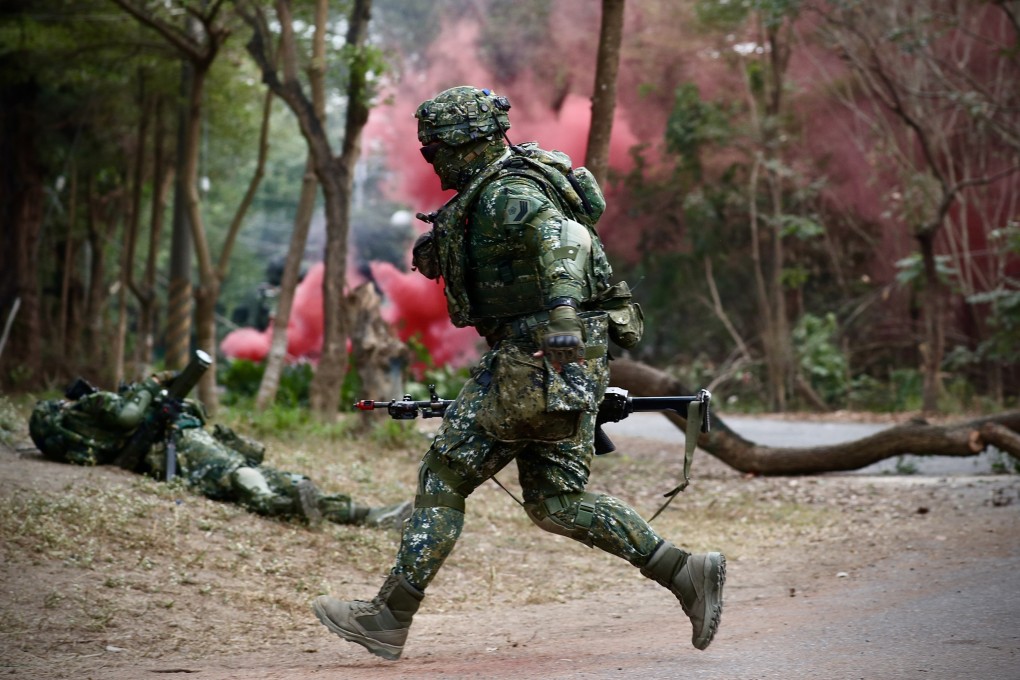Advertisement
Opinion | Just how ‘rock solid’ is Biden’s support for Taiwan?
- While the US president’s remarks on defending Taiwan militarily have sparked a flurry of commentary, they are consistent with the Taiwan Relations Act
- However, given the wide range of potential scenarios in the event of military action by Beijing or a blockade, no one truly knows how the US would respond
Reading Time:3 minutes
Why you can trust SCMP
7

During his recent trip to Asia, US President Joe Biden caused quite an international stir when he answered, “yes” and “that’s the commitment we made” to the question, “Are you willing to get involved militarily to defend Taiwan if it comes to that?”
As expected, China expressed its “strong dissatisfaction and firm opposition”. Others considered Biden’s comment another off-the-cuff gaffe, while many believe it shows “rock solid” support for Taiwan, with one commentator calling it “one of the most explicit US defence guarantees for Taiwan in decades”.
Biden’s comments in Tokyo mark the third time in recent months he has been publicly questioned over US support for Taiwan in the event of military action by Beijing.
Advertisement
In August 2021, Biden linked Taiwan with Nato’s Article 5: “We made a sacred commitment to Article 5 that if in fact anyone were to invade or take action against our Nato allies, we would respond. Same with Japan, same with South Korea, same with – Taiwan.”
In October 2021, at a CNN town hall moderated by Anderson Cooper, Biden answered “yes, we have a commitment to do that” when asked if the US would come to Taiwan’s defence if attacked by mainland forces.
Advertisement
While Biden’s mention of Article 5 and his use of “would” contradict Washington’s long-standing policy of “strategic ambiguity” over US military involvement in the event of military action against Taiwan, the flurry of commentary around Biden’s most recent comments is much ado about nothing.
Advertisement
Select Voice
Select Speed
1.00x
